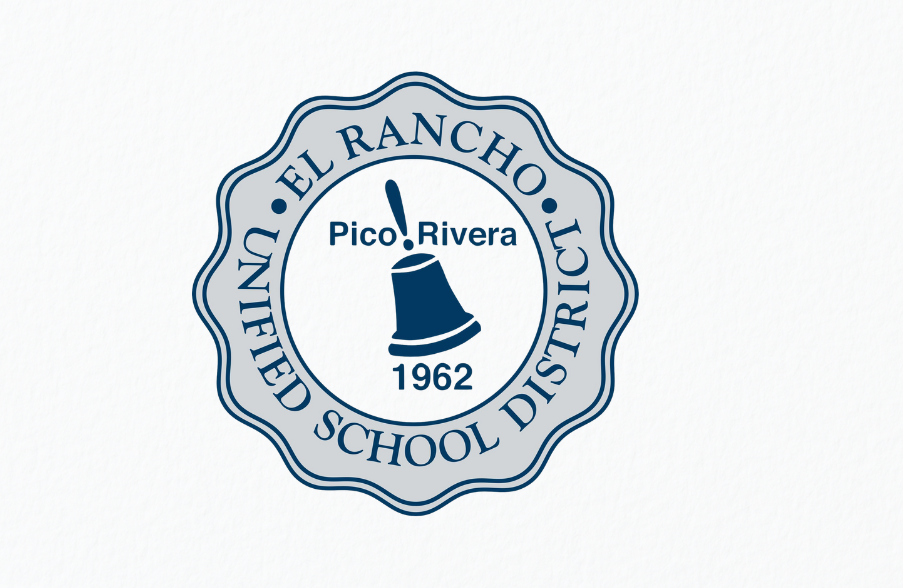Communication is the cornerstone of any thriving educational environment, especially when it comes to integrating substitute teachers seamlessly into school communities. Substitute teachers play a pivotal role in maintaining continuity and fostering a nurturing learning environment for students.
By prioritizing effective communication, schools can not only help enhance classroom management, but also improve the overall well-being and efficiency of classrooms.
What is effective communication?
Effective communication involves clear, direct, and accessible transmission of information between substitutes, regular teachers, and school administrators. It ensures that substitute teachers are well-informed and prepared, enabling them to effectively manage the classroom and support students’ learning experiences. Effective communication not only helps maintain continuity in the educational process but also builds trust and respect across the school community.
What does effective communication look like?
Effective communication with substitute teachers includes several key components:
- Clarity and precision: Information is conveyed in a straightforward and detailed manner, leaving little room for misunderstanding.
- Timeliness: Sharing information in a timely way, allowing substitutes to prepare adequately before stepping into the classroom.
- Relevance: Ensuring that the information is valuable and meaningful to the substitutes’ tasks and responsibilities.
- Two-way: Encouraging an open dialogue where substitutes feel comfortable asking questions and expressing concerns.
Impact on classroom management
When substitute teachers receive clear instructions regarding lesson plans, classroom rules, and procedures, they are much better equipped to successfully manage the classroom. This keeps the learning environment stable and ongoing during teacher absences. Furthermore, when substitutes understand the specific behavioral strategies and teaching methods preferred at a particular school, they can more easily align their management style, which supports the continuity of learning, which in turn improves student engagement and discipline.
Building a supportive school community
Effective communication fosters a sense of belonging and support for substitute teachers within the school community. It helps ensure that substitutes are not seen as mere temporary aides, but as valuable contributors to the educational environment. By regularly updating substitutes about school activities, policies, and changes, administrators cultivate a collaborative atmosphere. This integration helps substitute teachers perform better and feel a greater commitment to the school’s objectives, thereby enhancing the overall community spirit.
Strategies to improve communication
Schools can use a few practical techniques to effectively communicate with substitute teachers:
Establish clear communication channels
Creating dedicated channels of communication can significantly improve the efficiency and clarity of information shared with substitute teachers. This could include:
- A dedicated handbook or guide for substitutes, providing essential information like school policies, classroom resources, and updates.
- A designated coordinator or liaison who handles questions and support for substitutes.
- Regular briefings or meetings to update substitutes on any significant changes or to gather their insights.
Provide detailed lesson plans
Ensuring that substitute teachers have detailed lesson plans is the top-most important need, according to our recent survey of substitutes.:
- Outline objectives and expectations clearly to guide substitutes on what needs to be accomplished during the day.
- Include materials, resources, and access information (such as passwords to digital tools) to prevent last-minute confusion.
- Mention specific instructions related to students’ special needs and any particular classroom management tips that could help the substitute.
Encourage feedback and follow-up
Building a constructive feedback loop is beneficial for both the substitutes and the school:
- Encourage substitutes to provide feedback on their experience and any classroom issues they faced.
- Schedule follow-up discussions to go over what worked well and what could be improved, reinforcing that their contributions are valued and taken seriously.
- Provide regular feedback to substitute teachers about their performance, offering praise for strengths and constructive suggestions for improvement.
By opening up the flow of communication, substitute teachers will be better equipped for better classroom management from a more supportive school community. This approach not only enhances the substitute’s effectiveness but also ensures that students’ learning experiences remain consistent and productive, regardless of who is leading the classroom.
Enhancing classroom management
Setting clear expectations
Substitutes need to have a clear understanding of expectations if they are to succeed. Before a substitute steps into the classroom, they should have access to detailed plans outlining the day’s objectives and specific behavioral guidelines for students. This approach reduces confusion and sets a clear framework within which both the substitute and the students can operate.
For example, providing a welcome guide that includes class schedules, safety procedures, and specific rules pertinent to certain activities or times of the day can significantly help substitutes feel more prepared to manage a class. This preparation allows substitutes to enforce rules consistently, which helps maintain order and a stable learning environment.
Building positive relationships with students
A substitute teacher’s ability to build rapport with students can profoundly affect their ability to manage the classroom effectively. Encouraging substitutes to spend a few minutes at the start of each class to introduce themselves and engage in brief personal interactions helps foster a sense of respect and openness between the students and the substitute. By creating a stronger connection between the substitute and the students, there’s a higher likelihood that the students will be cooperative and engaged. Provide name tags or seating charts to help substitutes remember students’ names. Encourage substitutes to share interesting but brief personal anecdotes to help establish mutual respect and a more welcoming classroom dynamic.
Involving substitutes in the community
Professional development opportunities
Substitute teachers, like all educators, benefit greatly from opportunities to develop their skills and knowledge. Schools directly benefit when they encourage substitutes to participate in professional development sessions that are typically reserved for full-time staff. These could include workshops on new educational technologies, seminars on innovative teaching methods, or courses on special education needs.
Providing professional development not only enhances the substitutes’ capabilities but also signals that they are valued members of the school community. Equipped with the latest educational strategies, substitutes can perform more effectively and contribute positively to the educational outcomes of the students.
Team building exercises
Integrating substitute teachers into the full fabric of the school community can be facilitated through regular team-building activities. Activities might include staff retreats, sports events, or informal gatherings. Such events encourage substitutes to form personal and professional bonds with their peers, which can lead to improved relationships and collaboration during working hours. When substitutes feel a sense of belonging, they are more likely to have positive attitudes towards their temporary roles and perform them with enthusiasm and dedication.
Recognition and appreciation programs
Recognizing and appreciating the hard work of substitute teachers through formal programs can substantially boost their morale and commitment. Schools could implement recognition programs where substitutes are acknowledged for their contributions, such as a “Substitute of the Month” award. Additionally, expressing appreciation can be as simple as giving a heartfelt thank you note or announcing a job well done during staff meetings.
By acknowledging the challenging nature of their work and rewarding their efforts, schools foster a nurturing environment where substitute teachers feel respected and valued, thereby encouraging their continuous engagement and improving their overall job satisfaction and performance in the school community.






